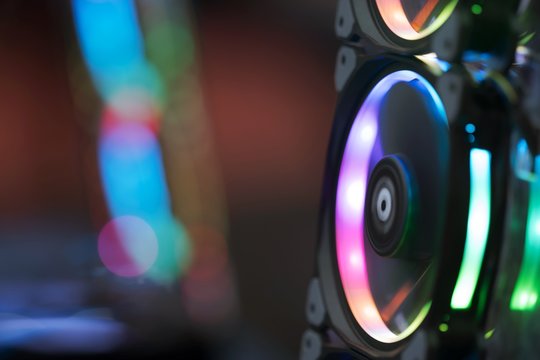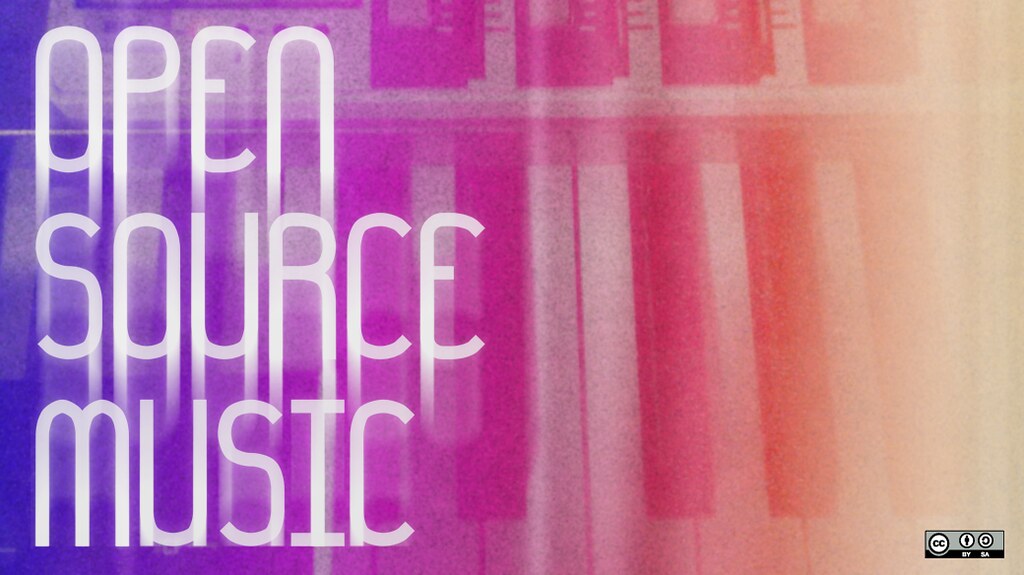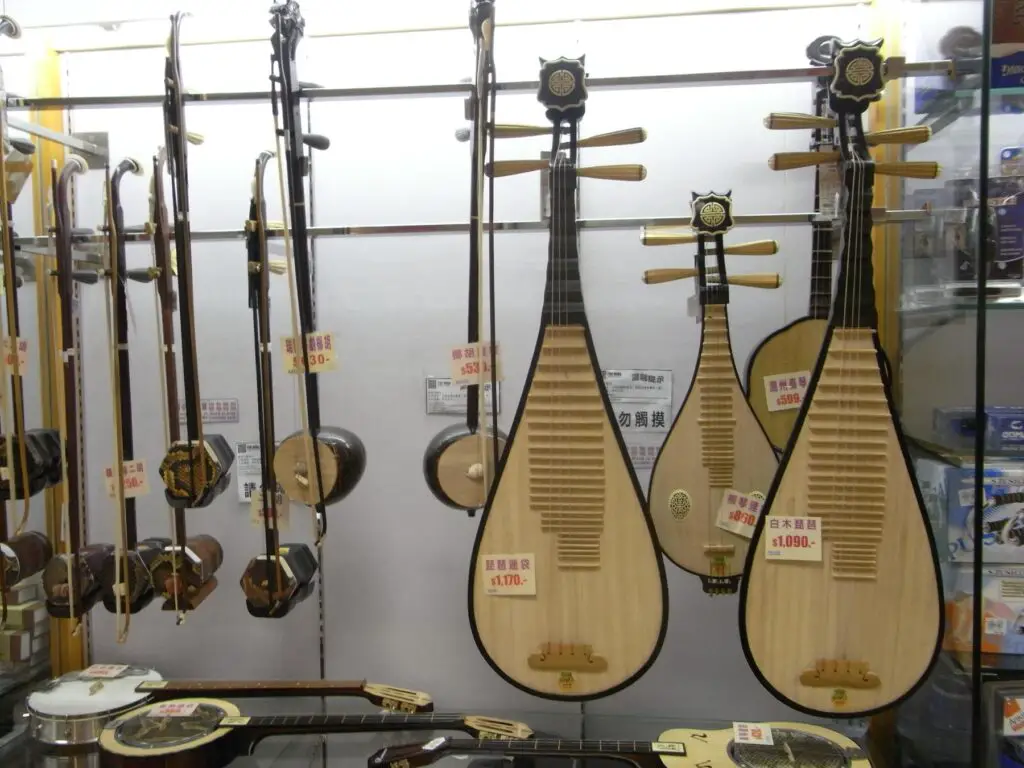Are you a music producer tired of using a subpar computer for your productions? Have you been dreaming of building your own PC tailored to your specific needs as a music creator? Curious about how How to build a PC for Music Production? Look no further! In this blog post, we will guide you through the process of designing and building your very own dream music studio PC. From choosing the right components to assembling the system, we’ve got you covered. So, get ready to experience a whole new level of music production with your DIY PC build!
Table of Contents
Understanding PC components for music production: a beginner’s guide
PC components for music production can be overwhelming if you are new to the field. However, understanding key hardware components is necessary to build a PC that meets your needs as a musician or producer. The primary component of any PC is the CPU, which determines its processing power. For music production, opt for an Intel Core i7 or i9 processor with high clock speed and multiple cores.
When it comes to RAM, 16GB should suffice for most home studios but consider upgrading to 32GB if budget allows. Graphics card performance matters less in music production, so investing large sums on one may not be essential.
A good boot SSD (Solid State Drive) will make your computer operate faster while an additional drive like a HDD can store larger files economically. In summary: invest more on CPU and RAM than GPU when building your own PC for music production purposes!
Building a custom PC for music production: cost-effective tips and tricks
Building a custom PC for music production requires careful consideration of the components you need to achieve optimal performance. Cost-effective options are available, but keep in mind that quality hardware will save you money in the long run. When selecting a motherboard, pay attention to its compatibility with other components such as your chosen processor and RAM modules. Opt for a high-quality power supply unit (PSU) as it can affect overall stability and lifespan of your system.
Invest in quality cooling solutions to maintain stable temperatures during intense processing tasks like mixing or mastering audio tracks. A dedicated sound card is also recommended for improved audio output and support for multiple inputs/outputs.
Plan ahead when choosing a case that offers enough room for future expansion, adding additional hard drives or even upgrading graphics cards. Take note of cable management features which facilitate airflow while preventing clutter – an important element when building any computer whether it’s intended for music production or not!

Choosing the right processor, RAM and graphics card for your music studio
When it comes to building a PC for music production, choosing the right processor, RAM and graphics card is crucial. For the processor, a multi-core CPU with high clock speed is recommended for running multiple plugins and effects simultaneously. Intel Core i7 or i9 and AMD Ryzen 7 or 9 are popular choices among music producers. As for RAM, at least 16GB is recommended, but 32GB or more is ideal for larger projects. The graphics card may not be as important for music production, but it can help with video rendering and visual effects in some software.
It’s also important to consider the compatibility of these components with your chosen motherboard. Make sure to check the motherboard’s specifications before purchasing any components. Additionally, investing in a good cooling system can prevent overheating and improve performance during long recording sessions. By choosing the right components, you can ensure that your music production PC runs smoothly and efficiently.
Storage solutions for audio files: SSD vs HDD debate
When it comes to storage solutions for your music production PC, you have two main options: solid-state drives (SSD) and hard disk drives (HDD). SSDs are faster and more reliable, making them a popular choice for music producers. They are also more expensive than HDDs, so consider your budget when making a decision.
If you choose an SSD, aim for at least 500GB of storage space to accommodate your audio files and software. However, if you need more storage space on a budget, an HDD may be the better option. HDDs are slower than SSDs but offer more storage space for less money.
It’s important to note that regardless of which storage solution you choose, it’s always a good idea to have an external backup in case of hardware failure or data loss. Consider investing in an external hard drive or cloud storage service to keep your files safe and secure.

Essential software to install on your new music production PC
Essential software to install on your new music production PC
Investing in a high-quality digital audio workstation (DAW) is necessary for any music producer. Some popular options include Ableton Live, Logic Pro X, and FL Studio. These DAWs often come with built-in plugins and effects, but it’s important to add third-party plugins such as Kontakt or Serum for better sound design.
Another essential software is a virtual instrument plugin that simulates real instruments like drums, guitars, and pianos. Native Instruments Komplete offers a comprehensive collection of virtual instruments suitable for various genres.
Lastly, don’t forget about audio processing tools such as equalizers, compressors, reverb and delay plugins which can help enhance the final mix of your track. Waves Audio offers an impressive range of high-quality audio processing tools trusted by professionals worldwide.
By installing these crucial software programs on your new music production PC along with other digital goodies like sample packs or MIDI controllers – you’ll be well on your way to creating professional-level tracks from the comfort of your own home studio!

Troubleshooting common problems during DIY PC build
Troubleshooting common problems during DIY PC build can be frustrating, but it’s important to stay calm and methodical. One common issue is the PC not turning on at all, which could be due to a loose power cable or faulty power supply. Another issue is the PC turning on but not displaying anything on the monitor, which could be caused by a faulty graphics card or incorrect RAM installation. It’s important to double-check all connections and ensure that components are properly seated in their slots. If you encounter software issues, such as drivers not installing correctly or audio glitches, try updating drivers or reinstalling software. Remember to always ground yourself before handling components and consult online resources or forums for help if needed. With patience and persistence, you can overcome any troubleshooting challenges during your DIY PC build for music production.

Note
Note: Building a PC for music production can be a daunting task, but with the right components and knowledge, it can be a rewarding experience. Remember to research thoroughly before making any purchases and always follow safety precautions when building your PC. Don’t forget to optimize your system for music production by adjusting settings and installing necessary drivers. With a custom-built PC, you’ll have the power to create and produce music like never before. Happy building!
In conclusion, building a custom PC for music production can be a fun and rewarding experience. By understanding the components and making informed choices, you can create a powerful and cost-effective system that will help you achieve your musical goals. Remember to choose the right processor, RAM, graphics card, and storage solution for your needs, and install essential software to get started. And if you encounter any problems during the DIY build process, don’t worry – there are plenty of resources available to help you troubleshoot. We hope this guide has been helpful in designing your dream music studio. For more tips and tricks on music production and technology, be sure to check out our other content. Happy building!
Common Questions
Q.Who needs to build a PC for music production?
A.Music producers and audio engineers who want custom setups.
Q.What components are essential for a music production PC?
A.CPU, RAM, storage, sound card, and a good graphics card.
Q.How can I ensure my PC is optimized for music production?
A.Install a digital audio workstation (DAW) and use ASIO drivers.
Q.What if I don’t have experience building PCs?
A.There are plenty of guides and tutorials available online.
Q.How can I make sure my PC is quiet for recording?
A.Use a silent case, quiet fans, and avoid overclocking.
Q.What if I have a limited budget for building a music production PC?
A.Prioritize CPU and RAM, and consider buying used parts.


